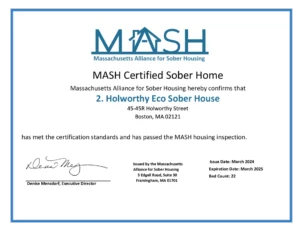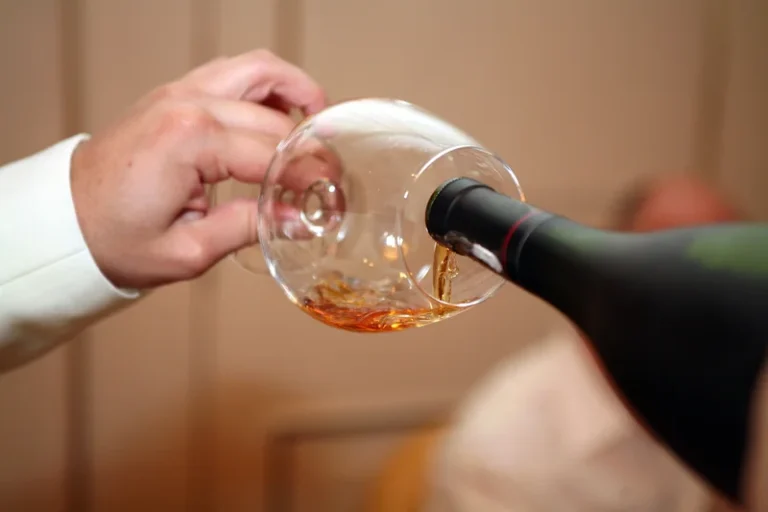
Being active can reduce stress hormones and help release pent-up emotions. Activities like yoga or walking can also help ground you in the present moment, fostering a sense of calm and connection to the here and now. Avoiding triggers can be a helpful short-term strategy in trauma recovery, especially in the early stages. However, it’s important to use this approach cautiously, as avoidance is also a symptom of PTSD. Chronically avoiding all reminders of your trauma can reinforce anxiety and make healing more difficult. Discover how opioid substitution therapy works and its role in effective addiction recovery and https://ecosoberhouse.com/ healing.
- Insisting on non-addictive prescriptions and alternatives to medication can help eliminate a potential source of triggers.
- There are many different types of objects that can trigger addiction relapse.
- This can create a stable environment that fosters sobriety and minimizes impulsive behaviors.
- Although someone in recovery knows that their addiction was harming themselves and those around them, it’s fairly common to view past substance abuse through rose-colored glasses.
How to Build Emotional Intelligence in Addiction Recovery
This awareness not only empowers them to anticipate cravings but also facilitates more proactive management strategies. For people with past substance use disorder, triggers can be any internal or external stimulus that intensely and often uncontrollably reminds them of using drugs or alcohol. The solution to managing difficult situations is learning how to confront them without drugs and alcohol. If you’re not sure how to confront these situations, contact us today. When people in recovery succumb to triggers, their brains create reasons to use substances despite knowing that external triggers in recovery they must remain abstinent.
Building Healthy Habits After Addiction Recovery

By understanding your personal triggers, you gain invaluable insight into what may lead you down an unhealthy path again. It becomes easier then to develop strategies for overcoming these challenges and maintaining your progress in recovery. People closest to the individual may set off cravings that eventually lead to a relapse. It is perilous for a person in recovery to be around substance-using friends and family.

What can trigger a trauma reaction?
- Many people who want to avoid relapse need to avoid the triggers once they recognize them.
- Chronically avoiding all reminders of your trauma can reinforce anxiety and make healing more difficult.
- Knowing the role family dynamics play in these triggers is super important, especially when family ties get all tangled (Arista Recovery).
- Establishing sober friendships and attending therapy—either in groups or on an individual basis—furnishes critical assistance during challenging times.
- Remember, recovery is an ongoing process that involves both personal growth and the support of those around you.
- By developing these skills, individuals can better navigate their emotional landscape, reduce the power of internal triggers, and ultimately support their journey to lasting recovery.
- And while genes play a big part, the family vibe around you can intensify this predisposition.
The negative side effects of relapsing after enrolling in drug and alcohol recovery programs is another concern. In recent experiences, drug what is alcoholism and alcohol abuse after practicing abstinence, heightens an individuals chances of overdosing. Triggers are pivotal in the recovery journey because they can lead to intense cravings for substances. Cravings, manifested physically and mentally, often stem from these triggers and can evolve into a cycle of relapse if not managed properly.

High-risk places remind former drug users of the times they engaged in substance use. Walking or driving through places where they used to drink or consume drugs can spark a memory connected to drug or alcohol use. After a period of poor self-care, someone in recovery will likely experience some of the mental signs of relapse. They may begin to feel discontent with their progress and restless in their disintegrating routine. Without the proper structure and routine, a person is more likely to start thinking about using again.
Supporting Loved Ones with Substance Use or Mental Health Disorders During the Holidays
The severity of experienced triggers and cravings is dependent on several factors, such as drug of choice, intensity of drug use and frequency of drug use. Understanding the stages of relapse highlights the importance of recognizing early warning signs. Each phase requires different coping strategies to prevent slipping into substance use. Establishing these practices aids in reinforcing the understanding of triggers, setting a stronger foundation for emotional health and sustained recovery.

